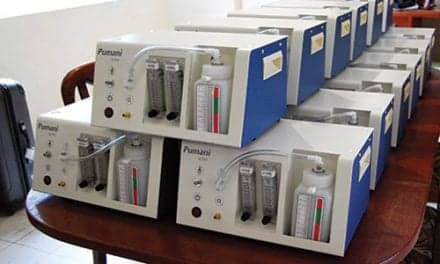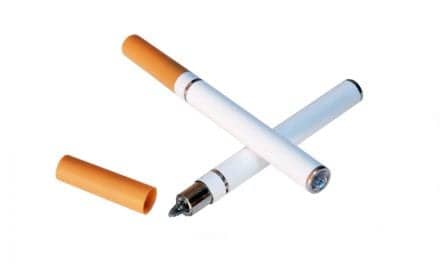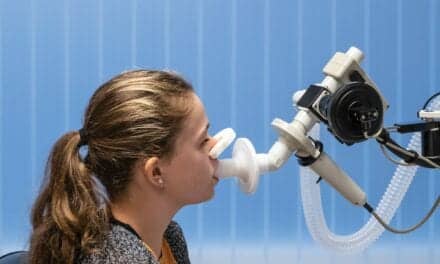NEW YORK (Reuters Health) –
"BCG vaccination is thought to be among a group of vaccines capable of manipulating the immune system toward TH1 dominance and therefore reducing the likelihood of atopic disease," write Dr. Mary Linehan, of the Wythenshawe Hospital, Manchester, UK, and colleagues. They therefore looked into the effect of BCG vaccination on the prevalence of wheeze in a population-based study.
Using a historical cohort, the team used parent-completed questionnaires to identify the prevalence of wheeze in BCG-vaccinated and non-vaccinated children. Neonatal BCG was defined as vaccination administered within the first 12 weeks of life. The study population consisted of 2414 children between 6 and 11 years of age.
"The overall prevalence of wheeze was 20.3%," Dr. Linehan’s team reports. "When stratified by BCG vaccination status, the prevalence was 23.2% for children who never had BCG vaccination, 20.3% for children given late BCG vaccination, and 17.2% for children given neonatal BCG vaccination," the researchers found. "The differences in proportions were statistically significant (p < 0.01)."
The team calculates that the relative risk of wheeze for children given neonatal BCG vaccination was 0.73 compared to those not vaccinated.
The possible 27% reduction in prevalence is "of considerable public health importance," Dr. Linehan and colleagues state, and suggest that the ability of BCG vaccination to reduce the prevalence of respiratory symptoms in children "warrants further investigation."
Copyriight 2007 Reuters. Click for Restrictions









